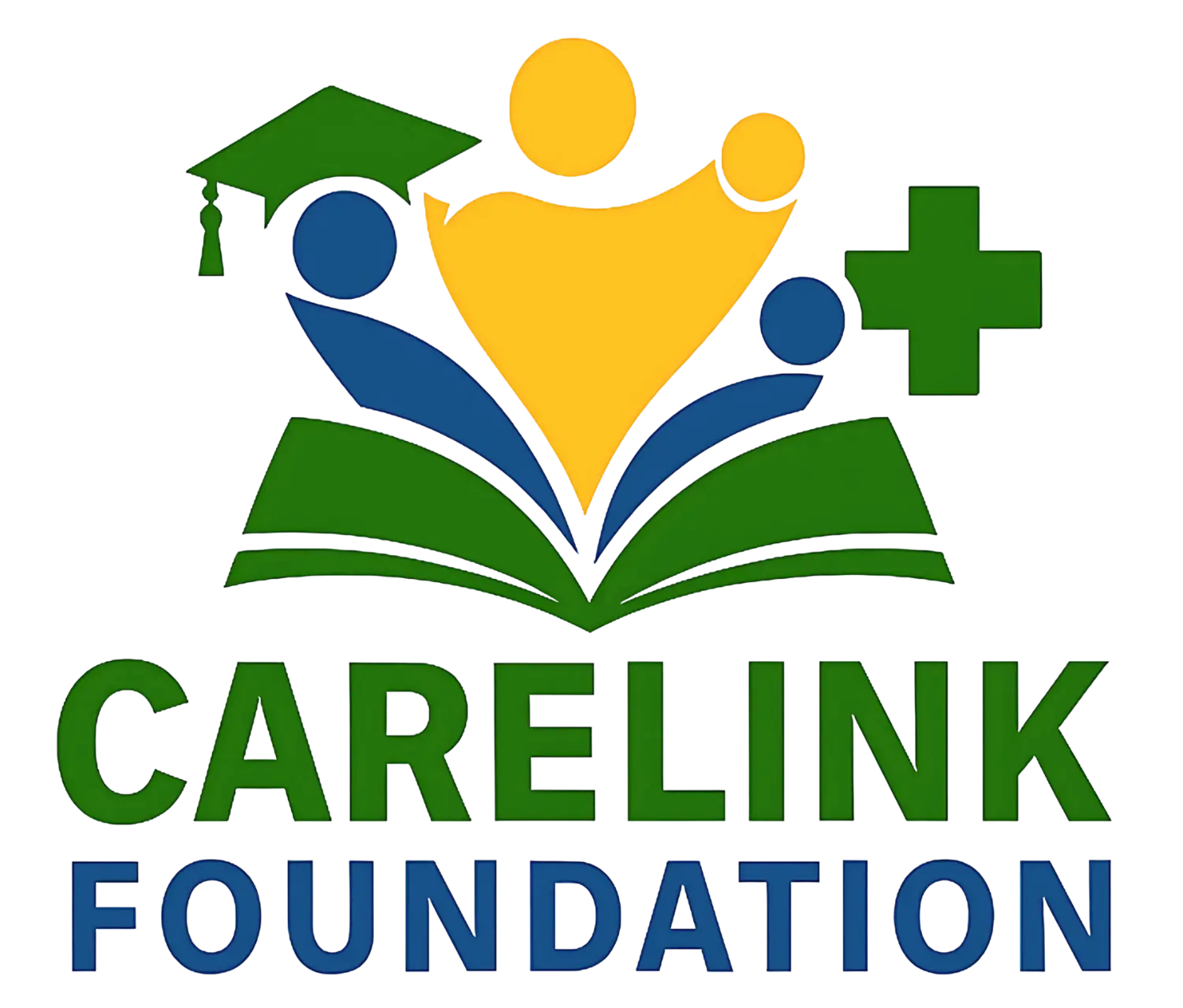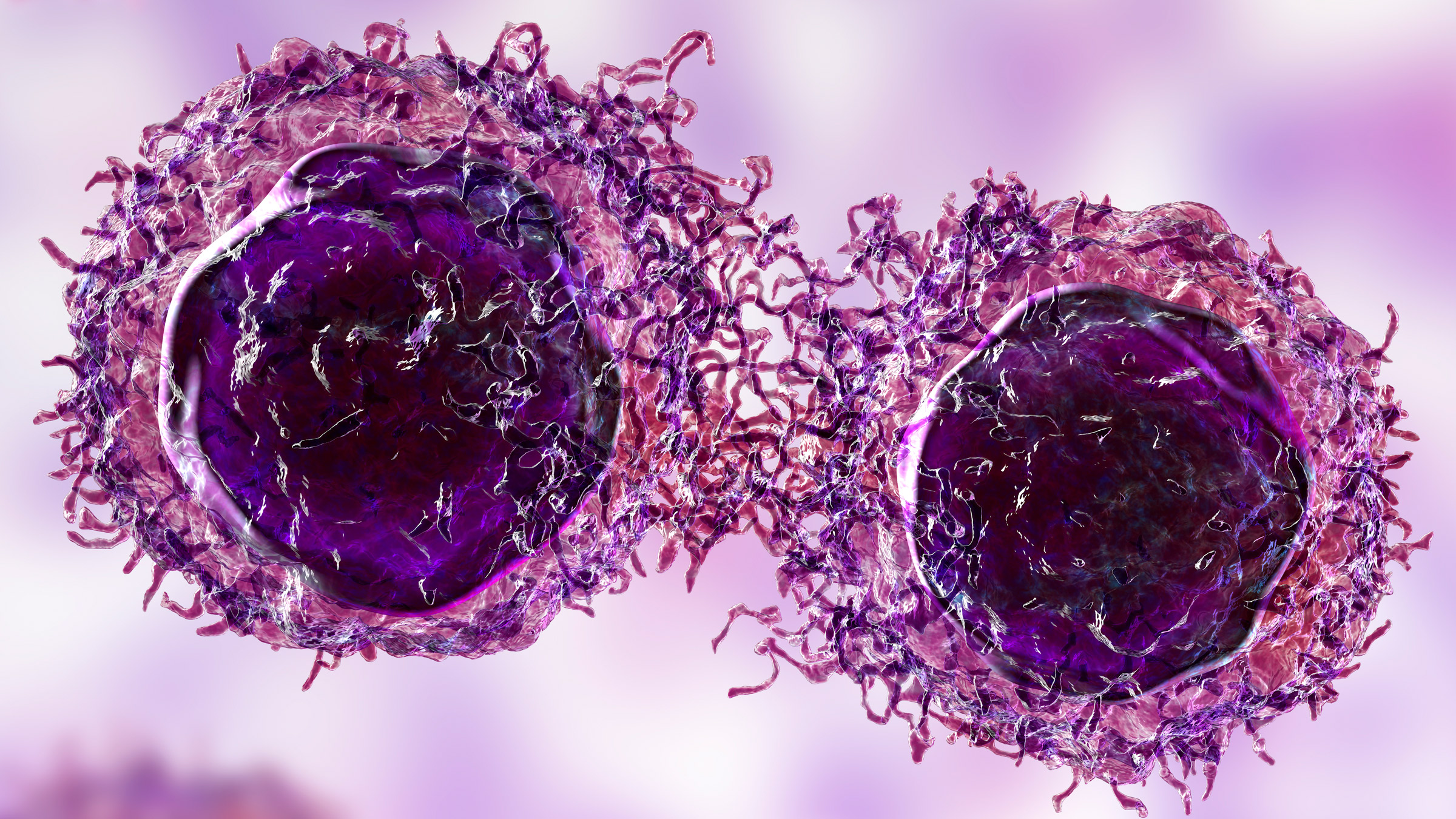A prominent Ghanaian clinical researcher, Dr. Clement Arthur, is sounding the alarm on what he calls an expanding but poorly recognized public health crisis: the climbing rates of head and neck cancers in Ghana.
Dr. Arthur is a Research Fellow at the First Hospital of Shanxi Medical University in the People’s Republic of China, and has been researching cancer epidemiology and advocating for early detection strategies in Ghana and Asia for almost the past decade.
In an exclusive interview, Dr. Arthur stated that nasopharyngeal and laryngeal cancers are increasingly being diagnosed at a late stage in Ghana, particularly in underserved rural and peri-urban areas. “Many of these patients come into the hospital after they have lost their voice, or when the tumor has invaded surrounding tissues,” he explained, “At that point, curative treatment is not often possible.” Dr. Arthur said that there is a combination of issues. He identified limited national screening programs, a lack of access to diagnostic equipment, such as flexible endoscopes and NBI imaging, and an overall lack of public awareness with recognition of early warning signs as some of the significant barriers.
The Missing Infrastructure
Ghana lacks a national cancer registry that can provide dynamic data on incidence patterns, which Dr. Arthur believes inhibits the country’s ability to respond effectively. Dr. Arthur outlined some of his research, including a retrospective study on five-year survival for nasopharyngeal carcinoma with Hainan Medical University, and underlined that early diagnosis significantly improves what patients experience.
“We are flying blind,” he said. “And if we do not have modern diagnostic capabilities in all of our district hospitals, the delaying of diagnosis of ENT cancers will persist.”
Environmental and Lifestyle Risk Factors
Dr. Arthur mentioned environmental and lifestyle changes, with one ecological issue standing out: urban migration, higher levels of alcohol and tobacco consumption, and high levels of air pollution, especially in cities like Accra and Kumasi, increase cancer rates. Diet habits in rural people that involve eating smoked fish and consuming fermented beverages may also increase the risk. He also specifically warned about occupational exposures. “People who do informal work, such as welders and painters, are exposed to hazardous chemicals with no protection daily. Those risks are accumulating in the background, unnoticed”, he added.
The Policy Gaps
At a non-clinical level, Dr. Arthur described Ghana’s cancer response as a policy failure. He stated that many frontline clinicians do not receive sufficient training to identify early signs of cancer, and there are always overwhelming delays with the referral systems. “If you get referred to specialist services at all, you might experience long delays to secure a diagnostic scan if you can pay for a scan,” he said. He called for a three-fold strategy: nationwide screening protocols, a cancer registry, and patient stratification models more rooted or relevant to Ghana so that we can optimize treatment. “We cannot keep bringing over Western protocols if we will not align those protocols to the Ghanaian context,” he asserted.
Optimism and Leadership
Despite obstacles, Dr. Arthur is optimistic that Ghana is in a perfect position to lead cancer control reform in West Africa. He noted that the Korle Bu and Komfo Anokye Teaching Hospitals already play a central role in treatment across the region, and he called on stakeholders in government and academia to invest in training, technology, and data systems. Yet, “We have the human capital. We have the institutional footprint. What we need is the will to act—urgently!”
Source: The Ghana Report



